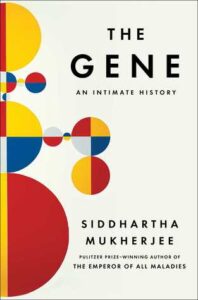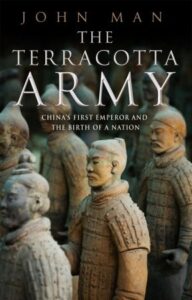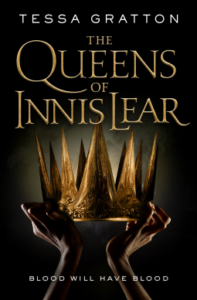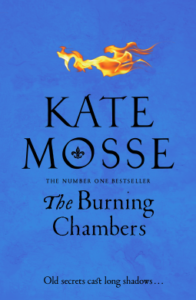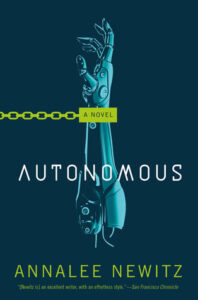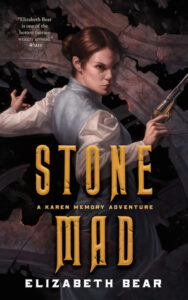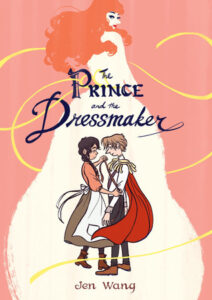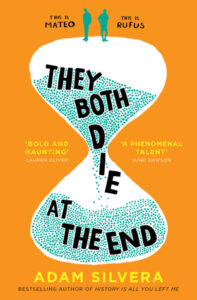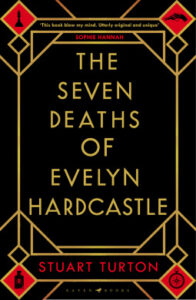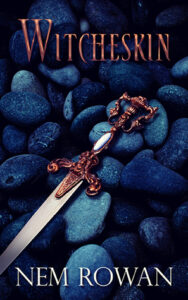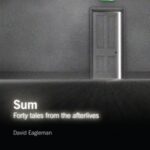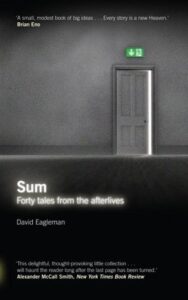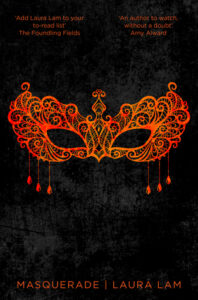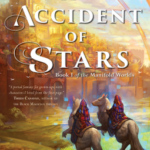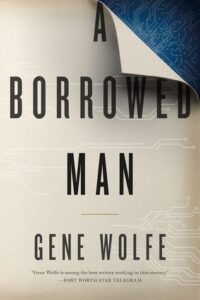 The Mummy Congress, Heather Pringle
The Mummy Congress, Heather Pringle
Mummies are always fascinating to me, at least in non-fiction, and this book was especially so because it covers a lot of ground, from Inca child sacrifices to Stalin to ancient bog bodies. It’s the kind of book I love, with something new (but related) in each chapter, introducing new sites and concepts I wasn’t aware of without going into any one thing exhaustively. I found myself googling for images to match the text.
The only thing I would really criticise is the hyperbolic breathlessness about how some of these mummies “look as if they were alive” or “wouldn’t look out of place on the street”. No, the preservation is amazing, but I have yet to see a mummy that is truly so immaculately preserved that it wouldn’t stick out like a sore thumb trying to walk around the streets. The faces are sunken, the jaws and teeth and cheekbones too prominent, etc, etc. They’re obviously dead. I find I have more respect for them while recognising that they’re dead than trying to pretend that they look just as they did when alive. They don’t.
There’s an amazing amount to be learned from some of these bodies, and Pringle does a great job of showing some of the breadth of what’s out there and what questions we need to ask.

